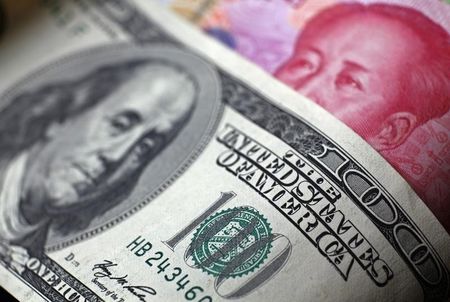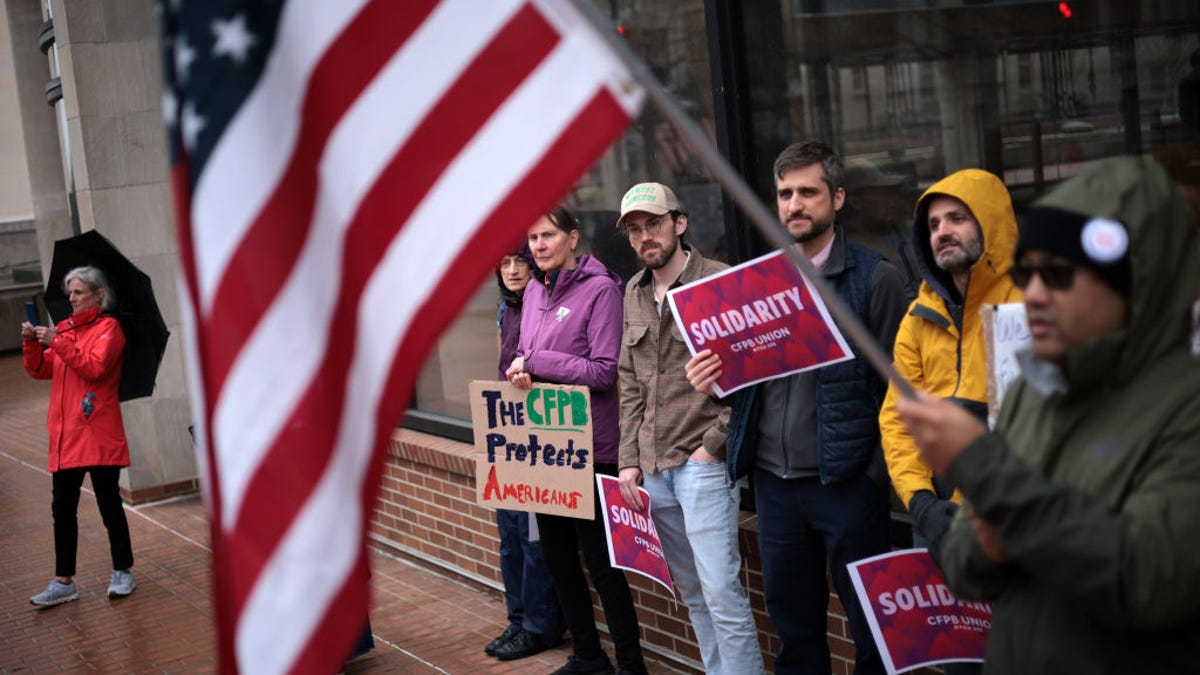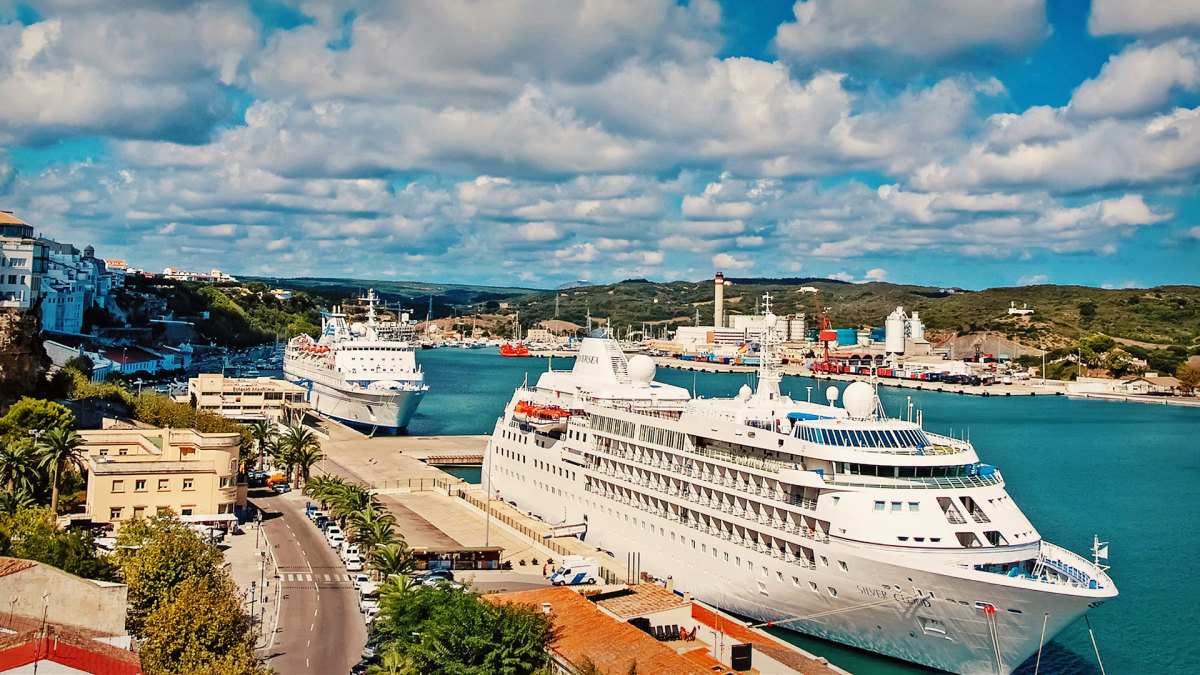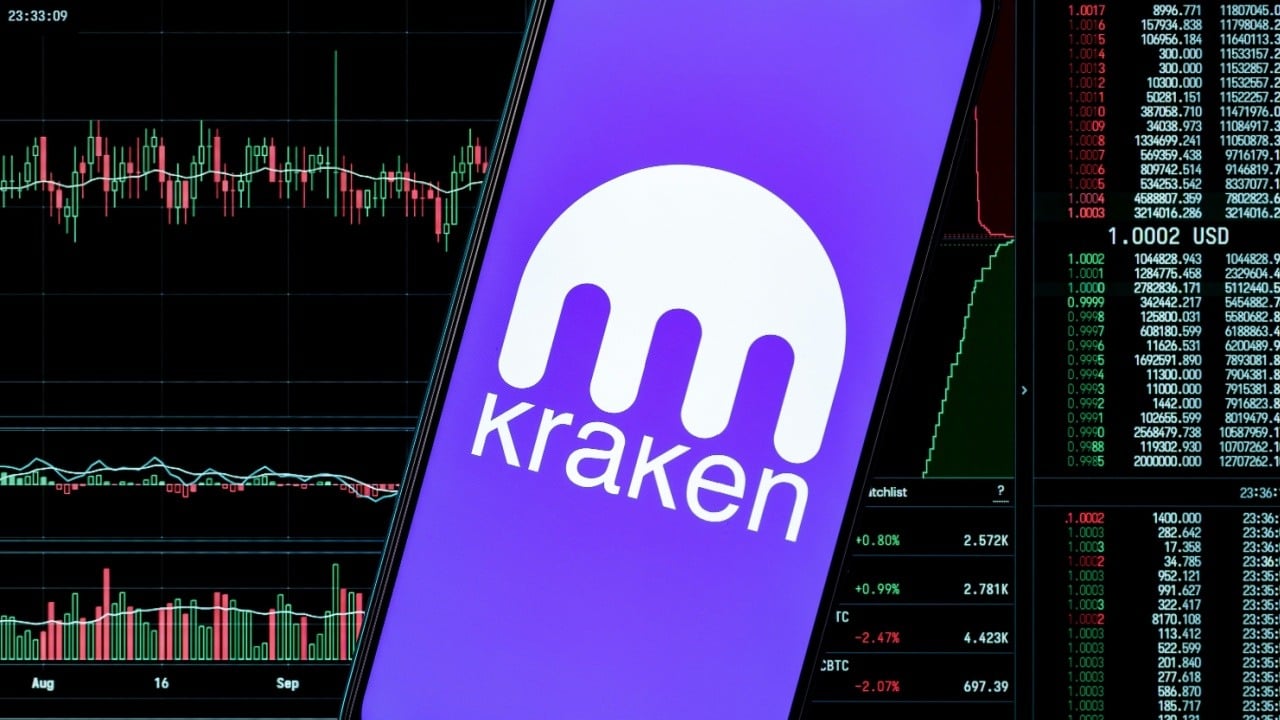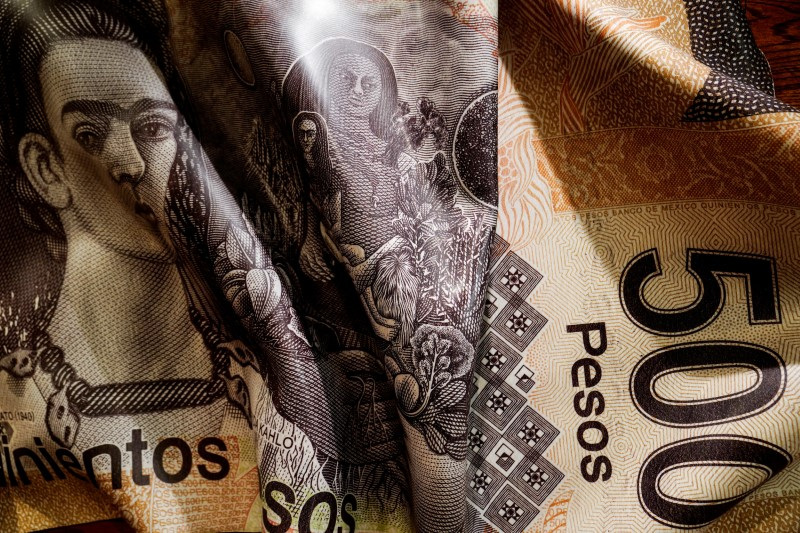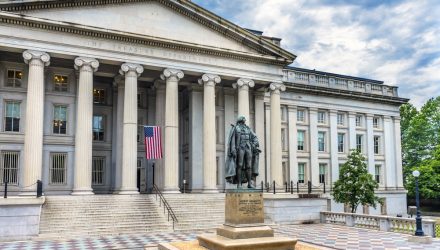U.S. and Canada both warn against travel to this destination
The two countries are warning tourists ahead of the popular Spring Break travel period.

Welcoming nearly seven million international visitors in 2024, Brazil was behind only Argentina as the most visited country in South America.
The biggest rush of tourists has traditionally descended upon cities like Rio de Janeiro, São Paolo and Salvador during the Carnival period.
The weeklong festival marks the start of Catholic Lent and brings millions of colorful street parades, parties and samba performers to the country. According to numbers from the Brazilian government, over two million people both from within and outside Brazil party on its streets during this period.
Stay ahead of the markets: Subscribe to TheStreet's free daily newsletter
Here is why two governments are warning about Brazil travel this spring
This year, Carnival will start on the evening of February 27 and last until March 8. In advance of the popular travel period, both the U.S. and Canadian governments issued warnings for citizens coming to the South American country.
"As the 2025 Carnival season kicks off, U.S. citizens are reminded to remain vigilant while enjoying festivities throughout Brazil," the U.S. Embassy and Consulates in Brazil wrote in a Feb. 4 warning.
Related: I rode in a float during Mardi Gras in New Orleans — here's what it was like
The embassy warns of crimes like pickpocketing that can occur in the large crowds that Carnival attracts as well as drink spiking in crowded bars. Official recommendations are to not wear flashy jewelry or carry large amounts of cash.
"Be alert to date drug scams," the advisory reads further. "Criminals target foreigners through dating apps or at bars before drugging and robbing their victims. Do not accept drinks from strangers." Shutterstock
Warning to citizens: 'Spiked food and drink incidents are increasing'
Going one step further, the Canadian government upped the country's travel rating to "exercise a high degree caution" and labeled certain regions, including some popular with Carnival tourists, as "avoid non-essential travel."
The latter includes the borders with countries such as Argentina, Colombia, and Peru, while the government agency in charge of citizen safety abroad is also warning about rising crime rates in Brasilia, Recife, and São Paolo. While tourists are most likely to be affected by petty crime, there have also been rising rates of violent crimes such as armed robberies and sexual assaults.
More on travel:
- Another National Park just made it more difficult for you to visit
- Another airline strands passengers as it files bankruptcy
- The Airbnb/hotel debate is getting very tiresome
"Spiked food and drink incidents are increasing in Brazil, particularly in Rio de Janeiro," the Canadian government writes. "[...] The use of drugs to facilitate sexual assault and robbery against foreigners has also been reported. Assaults frequently occur in unofficial taxis."
Known for its Sambodromo parades, Rio de Janeiro remains the most popular and commercial place to experience Carnival. The weeklong parade is generally considered to be the largest festival celebration in the world. Cities like Recife and Salvador are, meanwhile, known for their widespread street parties taking place throughout the entire period but, due to their sporadic and impromptu nature, can also create more unpredictable or even dangerous situations for tourists.
"Petty crime increases around big events and festivities, such as large-scale sporting events, international conferences, Carnival [and] Christmas," writes the Canadian government.
Both the U.S. and Canadian embassies have also recommended that tourists to the country stick to main cities and tourist hubspots while avoiding venturing out into favelas, the local local term for economically disadvantaged suburbs known for their high crimes rates.
Related: Veteran fund manager issues dire S&P 500 warning for 2025





